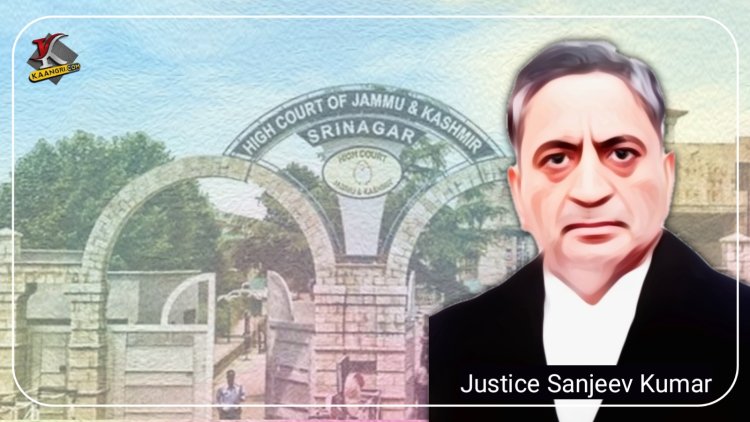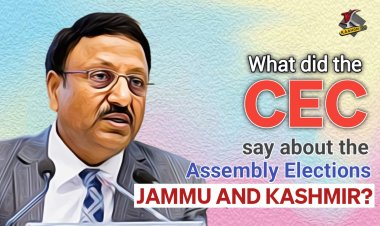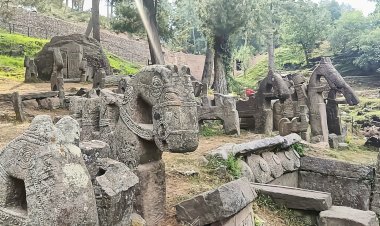Continuous 7 years of service by a 'Daily Wager' cannot be classified as 'Casual Labor' to deny regularization: J&K High Court.
The Jammu and Kashmir and Ladakh High Court ruled that daily wage workers with over seven years of continuous service can't be considered "casual labor," entitling them to regularization benefits.

In a Landmark judement, Jammu and Kashmir and Ladakh High Court has declared that daily wage workers who render continuous service for more than seven years cannot be classified as "casual labor" and are entitled to benefits, including regularization. The verdict came in response to a case filed by Ghar Singh, a security guard at the University of Jammu.
Justice Sanjeev Kumar clarified the distinction between casual labor and daily wage workers, emphasizing that while casual labor involves intermittent or sporadic employment, daily wage workers are engaged in continuous service and are paid wages on a daily basis.He observed
“Casual Labour‟ refers to labour whose employment is intermittent, sporadic or extends over short period or continued from one work to another, whereas a “daily rated worker” or “daily wager” is a person, who is engaged for rendering continuous nature of service and is paid wages on daily basis”.
Singh, who had been working on a daily wage basis since 1997, completed seven years of continuous service in 2004. However, despite meeting the eligibility criteria for regularization under SRO 64 of 199, government policy adopted by the University, he was not regularized until 2010, and without backdated benefits.
The University argued that Singh's petition was time-barred due to delay and that he had accepted the initial regularization order without protest. They also contended that Singh was a casual laborer not covered under the relevant policy.
Justice Kumar acknowledged the delay but highlighted the power imbalance between institutions like the University and daily wage workers, who often fear challenging their terms of employment. Rejecting the University's classification, Justice Kumar stressed that Singh, having worked continuously for over seven years, was eligible for regularization under the adopted policy.
The court ordered retrospective regularization for Singh as a Security Guard from April 1, 2005, with all attendant benefits and arrears. The University was directed to revise any pensionary benefits due to Singh within two months.
“..It is, thus, beyond cavil of any debate that a person who is engaged temporarily and is paid wages at the rates sanctioned by the Government from time to time and continued to perform his duties for a continuous period of more than seven years cannot, by any stretch of reasoning, be termed as “casual labour‟ to deny him the benefit of regularization under SRO which, for the purpose of regularization of its daily wagers, the University adopted in the year 1995”, the court recorded.
The ruling sets a precedent for the treatment of daily wage workers in Jammu and Kashmir and underscores the importance of protecting the rights of vulnerable employees.
Key points:
Case Title: Ghar Singh Vs University Of Jammu
- Definition Clarification: Justice Sanjeev Kumar clarified the distinction between "casual labor" and "daily wage workers." Casual labor refers to intermittent or sporadic employment, while daily wage workers render continuous service and are paid on a daily basis.
- Case Background: Ghar Singh, employed as a security guard at the University of Jammu since 1997 on a daily wage basis, completed seven years of continuous service in 2004. Despite eligibility for regularization under SRO 64 of 1994, the university did not regularize his position until 2010, denying him backdated benefits.
- University's Argument: The University argued that Singh's petition was time-barred due to delay in filing and that he had accepted the initial regularization order without protest. They also claimed that Singh was a casual laborer not covered under SRO 64 of 1994.
- Court's Observation: Justice Kumar acknowledged the power imbalance between the institution and the daily wage worker, noting that employees often fear challenging their employment terms. He rejected the University's classification of Singh as casual labor and emphasized that continuous service warrants regularization benefits.
- Judgment: The court deemed Singh eligible for retrospective regularization as a security guard from April 1, 2005, with all attendant benefits and arrears. The University was directed to revise any pensionary benefits due to Singh within two months.










